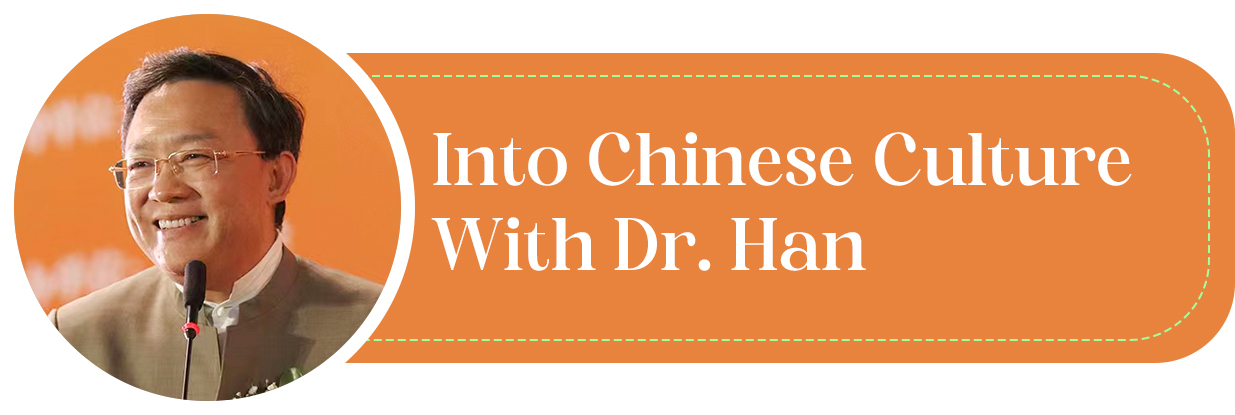Classic Chinese stories: Courtesy
Writer: Han Wangxi | Editor: Zhang Chanwen | From: Shenzhen Daily

Courtesy stems from a respectful heart and plays a significant role in Chinese people’s lives. According to Confucianism, everyone, from emperors to commoners, should cultivate themselves. Courtesy is respect, which is key to moral cultivation.
Here’s a story. When Liu Zhuang was a crown prince of the Eastern Han Dynasty (25-220), a high-ranking scholar named Huan Rong was his teacher. Later, Liu succeeded to the throne as the Emperor Ming of Han, and still honored Huan as before. The emperor often visited Huan’s residence, let the teacher sit in the east, an honored position, placed a table and a cane to show his respect to the teacher, and listened to Huan’s instructions as he had done when he was a student. The emperor also summoned hundreds of officials and students taught by Huan to the teacher’s mansion to pay their respects to him.
When Huan fell ill, the emperor not only sent someone to visit him, but also went to see him in person. To show respect, every time he visited the teacher, the emperor would get out of his carriage at the entrance of the street and then walk to the teacher’s house. Once inside, he took the teacher’s thin hand, wept silently, and stayed for a long time before leaving. When Huan passed away, the emperor also attended his funeral.
The cultural tradition of Confucianism emphasizes self-cultivation and respect no matter if you are the emperor or a commoner. Here is another story titled “Standing in the Snow at the Gate of Cheng’s Residence.”
Legend has it that one day, two students named Yang Shi and You Zuo went to the Songyang Academy to visit their teacher, Cheng Yi, a famous scholar during the Song Dynasty (960-1279). When they arrived, they saw the teacher was meditating and resting. Not wishing to disturb him, they stood respectfully at the door without saying a word.
After a while, Cheng woke up and saw the two students, saying, “Oh, you’ve been here for a while. Why didn’t you speak up?” It was winter, and during their waiting it started snowing outside, and now the snow was more than one foot deep. This story helps us understand intellectuals’ respect for teachers.
Another way to show respect to others is being humble and going lower. There is a story about Cai Yong welcoming Wang Can while wearing shoes backward. During the reign of Emperor Xian of Han, Cai was a knowledgeable high-ranking official, well-respected by the imperial court. One day, Cai’s servant informed him that Wang had come to visit. Cai hurriedly went out to greet him and accidentally put on his shoes backward. The guests at Cai’s residence were all surprised, wondering what kind of person could make Cai so rushed.
When the door was open, they saw that it was Wang, a thin young man. Why was Cai, who was renowned throughout the country, in such a hurry that he even wore his shoes backward when meeting this young man? Cai explained, “Wang is the son from a high-ranking official’s family. He is talented and I’m not as excellent as him. All the books and articles in my collection will be passed down to him in the future.”
(The author is a cultural scholar.)
(Translated by Cao Zhen)